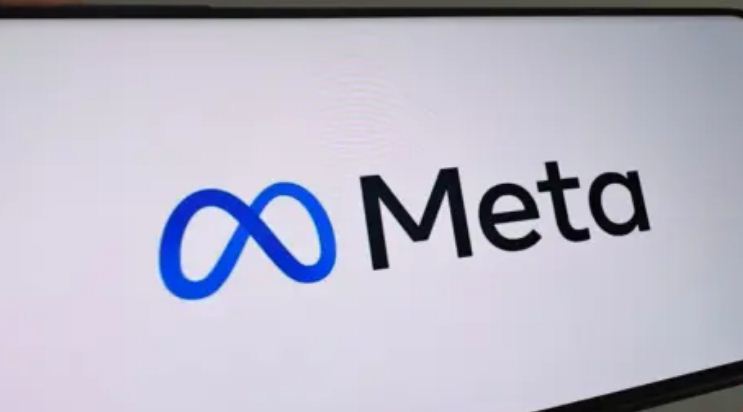Meta’s latest endeavor with their custom AI chips, codenamed MTIA, has sparked waves of excitement and anticipation. These cutting-edge chips are more than just silicon components; they embody a quantum leap in performance, heralding a new era of efficiency and innovation in AI model training. Tailored specifically to accelerate the training of ranking and recommendation models, MTIA chips are not only a testament to Meta’s commitment to technological advancement but also serve as the foundational pillars for many of Meta’s core products, including media feeds and advertising systems. Meta new AI Chips is introduced for sake of users.
The realm of AI model training, particularly concerning ranking and recommendation algorithms, is a battlefield where computational power reigns supreme. The sheer magnitude of data that these models sieve through to unveil patterns and correlations is staggering, often demanding days or weeks of processing time on conventional hardware. This bottleneck in the training process is where Meta’s MTIA chips shine, offering a remarkable boost in performance that redefines the boundaries of what is achievable in AI technology.
Meta’s claim that the MTIA chips can train models three times faster than their predecessors is a testament to the sheer power and efficiency encapsulated within these chips. With a substantial increase in on-chip memory, now clocked at 1.3GHz and boasting 256MB capacity, the MTIA chips eclipse their first-generation counterparts, which featured a mere 128MB and 800GHz configuration. This enhanced memory bandwidth not only facilitates quicker data processing but also enables swift model updates during the training phase, streamlining the entire AI model development pipeline.
While Meta stands at the forefront of AI chip innovation with their MTIA chips, the competitive landscape of the tech industry is also abuzz with activity. Giants like Google and NVIDIA are not idly standing by; they too are investing heavily in crafting their own bespoke AI chips, fostering a climate of healthy competition that propels industry-wide progress. This collective push to innovate in AI hardware not only fosters technological breakthroughs but also serves to democratize access to this potent technology by driving down costs and making AI more accessible to a broader range of applications and industries.

